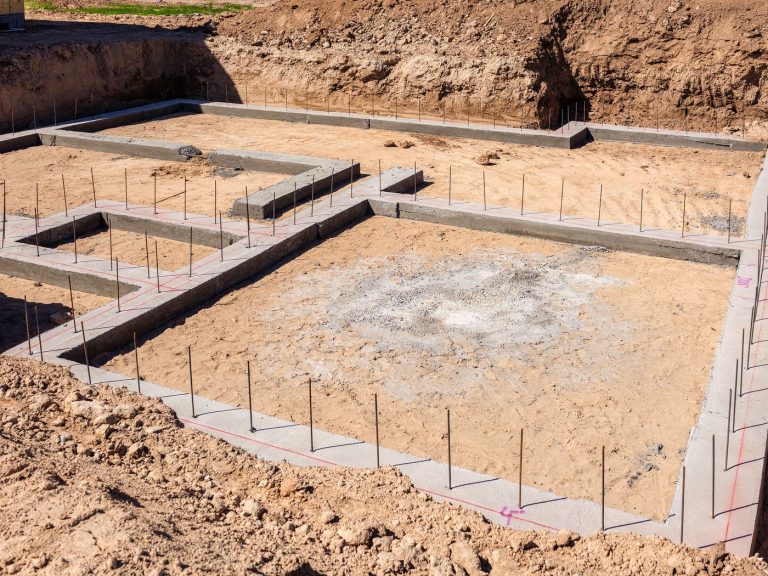If you’re buying a home, or even if you’ve been in your home for a while, it’s important to know about the different types of soil common in home foundations. Soil type is one of the most important factors when it comes to the stability of your home’s foundation. In this blog post, we’ll discuss the four main types of soil found in homes throughout the United States and what you need to know about each type.
Clay:
Clay is a very common type of soil and one of the most stable. Clay soil has a high clay content, which gives it a high shrink-swell potential. This means that clay soil will expand when it’s wet and contract when it’s dry. While this can be good for your home’s foundation in some cases, it can also be bad if there is too much movement. If you have clay soil, you should check your home’s foundation regularly to ensure there isn’t too much movement.
Sandy:
Sandy soil is another common type found in home foundations. Sandy soil has a low clay content, which gives it a low shrink-swell potential. This means sandy soil will not expand or contract as much as clay soil. Sandy soil is generally considered one of the most stable types of soil, but it can still be susceptible to erosion if there is too much water.
Loamy:
Loamy soil is a mix of sand, silt, and clay. Loamy soil has a moderate shrink-swell potential, which means it will expand and contract some, but not as much as clay or sandy soils. Loamy soil is generally considered fairly stable but can still be subject to erosion if there is too much water.
Organic:
Organic soil is any type of soil that contains organic matter, such as leaves or compost. Organic soils are usually very loose and can be easily eroded. Organic soils also have a high shrink-swell potential, meaning they can expand and contract a lot. If you have organic soil, you should have your home’s foundation checked regularly to ensure there isn’t too much movement.
While these are the four main types of soil found across the United States, these are not the only ones. Apart from them, there are a few soil types that you need to be conscious of:
Rock/Bedrock:
Rock is a very stable type of soil that does not expand or contract. Rock can be found at the bottom of most home foundations. Bedrock is a type of rock that is found deep underground. It is also very stable and does not expand or contract.
Fill Soil:
Fill soil is any man-made soil brought in to fill a space. Fill soils can be made of anything, including sand, gravel, or even concrete. Fill soils are usually very stable, but they can still be subject to erosion if there is too much water.
Peat:
Peat is a type of soil made up of decomposed organic matter. Peat is usually found in wet areas, such as swamps or bogs. Peat can be very unstable and shrink and swell a lot. We recommend not building homes atop peat soils, but if you realize it too late, schedule foundation audits at regular intervals.
Silt:
Silt is soil made up of very small particles. Silt is usually found in areas with a lot of water, such as near rivers or lakes. Silt can be very unstable and shrink and swell a lot. Generally, slit soils aren’t used to build homes and are found only near swamps.
Linking soil types and foundation problems:
Now that we’ve gone over the different types of soil found in home foundations let’s discuss how these soils can impact your foundation. As we mentioned before, all soils are subject to erosion if there is too much water. This can cause problems for your foundation, such as cracking or settling. Clay and organic soils are also susceptible to shrinking and swelling. This can cause problems for your foundation, such as cracks or movement. If you have any of these soil types in your home’s foundation, it’s important to have it checked regularly by a professional to make sure that there isn’t too much movement.
There is no right type of soil for a foundation. When dealing with soil types, it’s not about finding perfect soil but working around with what you have. When dealing with soil problems, the best thing you can do is to have your home’s foundation checked regularly by a professional. If you catch problems early, they will be much easier to fix. If you’re having trouble with your foundation or want to learn more about soil types and foundations, we suggest talking to a local foundation repair company. They will be able to help you assess the situation and find the best solution for your home.


